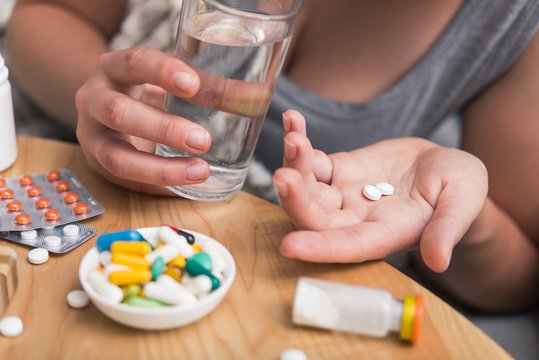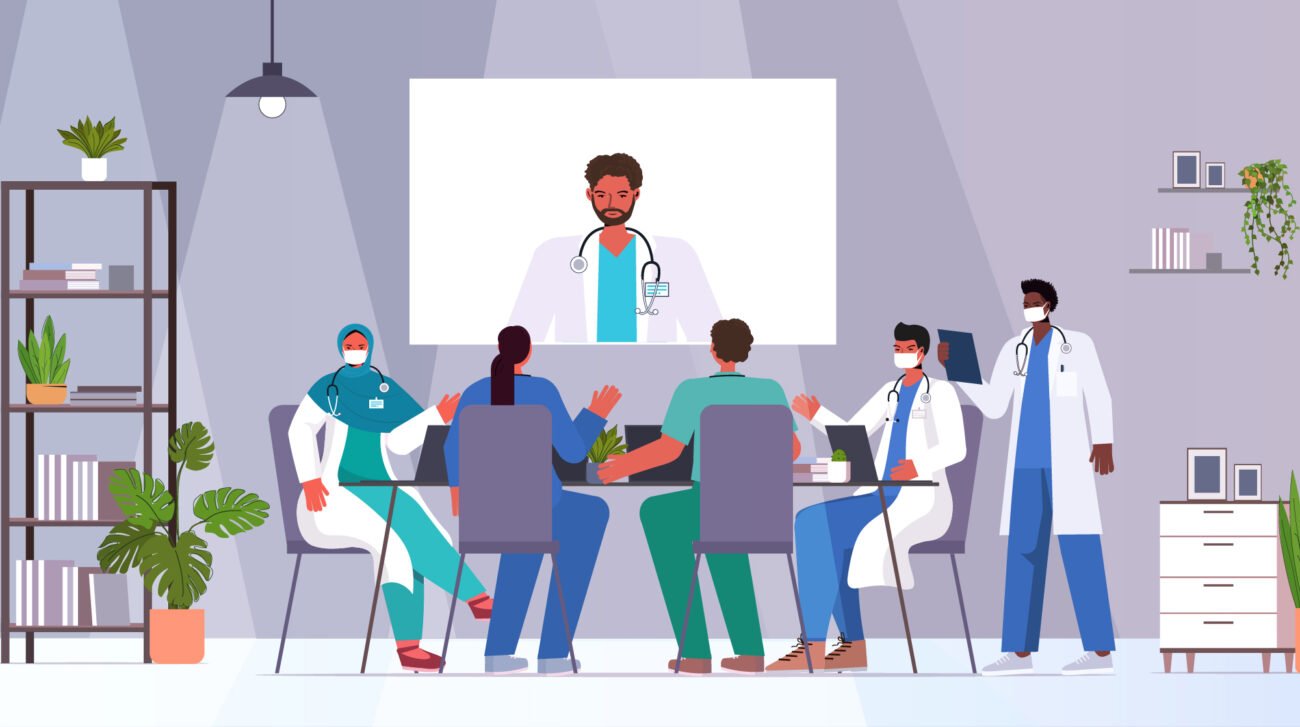Side Effects Of Self Medication: Self-medication, the practice of treating oneself without proper medical guidance, has become increasingly prevalent. While it may seem convenient, self-medication carries significant risks and can lead to harmful side effects. This article aims to shed light on the dangers of self-medication, highlighting the potential side effects and emphasizing the importance of seeking professional medical advice.
I. Understanding Self-Medication
In this section, we will define self-medication and discuss its reasons, including easy access to over-the-counter (OTC) drugs, cost-saving motives, and the desire for quick relief. It is crucial to recognize the distinction between minor ailments suitable for self-treatment and conditions that require professional medical attention.
II. Potential Side Effects of Self-Medication
1. Incorrect Dosage:
- The risk of taking an incorrect dosage due to a lack of professional guidance
- Potential consequences of over-dosing or under-dosing, leading to ineffective treatment or toxicity
2. Adverse Drug Interactions:
- The potential for harmful interactions between different medications
- Mixing OTC drugs, herbal remedies, and prescription medications without understanding potential complications
3. Allergic Reactions:
- The possibility of allergic reactions to medications without prior knowledge of allergies or sensitivities
- Identifying signs of an allergic reaction and seeking immediate medical help
4. Masking Underlying Conditions:
- Self-medication can provide temporary relief, masking the symptoms of an underlying condition that requires proper diagnosis and treatment
- Delayed identification and management of serious illnesses or diseases
5. Dependency and Addiction:
- The risk of developing dependency or addiction to certain medications, especially those with psychoactive properties or pain-relieving effects
- The importance of proper medical supervision and guidance to prevent addiction issues

III. Importance of Professional Medical Advice
1. Proper Diagnosis:
- The significance of accurate diagnosis by a healthcare professional to determine the root cause of symptoms
- Avoiding misdiagnosis and subsequent inappropriate treatment
2. Tailored Treatment:
- The advantage of personalized treatment plans designed by healthcare professionals to address individual needs
- Considering factors like age, medical history, pre-existing conditions, and possible drug interactions
3. Monitoring and Follow-up:
- The necessity of ongoing monitoring and follow-up appointments to assess the effectiveness and safety of prescribed medications
- Ensuring adjustments are made when required and reducing potential side effects

IV. Promoting Responsible Medication Practices
1. Raising Awareness:
- The importance of educating the public about the risks associated with self-medication
- Highlighting the potential dangers and empowering individuals to make informed decisions about their health
2. Access to Healthcare:
- Encouraging better access to healthcare services to make professional medical advice readily available
- Promoting affordability and availability of consultations, particularly in low-income communities
3. Regulatory Measures:
- Strengthening regulations regarding the availability and sale of medications, including OTC drugs
- Ensuring clear labeling and warning instructions to educate consumers about potential risks and side effects

Impact
Self-medication, when practiced without proper medical guidance, can have deadly side effects and cause significant dangers. The uninformed use of medications without a prescription or professional advice puts individuals at risk of experiencing adverse reactions and complications. One particular concern is the misuse of antibiotics, which can lead to antibiotic resistance and inadequate treatment of infections. It is vital to raise awareness about the perils of self-medication and educate individuals about the potential side effects and dangers associated with this practice. By understanding the risks involved and seeking appropriate medical advice, we can promote responsible medication practices and ensure the well-being of individuals.
[woopspro_products_slider stock_status=’instock’ cats=’654,11988,653′]
FAQs:
Q: What is self-medication? A: Self-medication refers to the practice of treating oneself without proper medical guidance or a prescription.
Q: What are the potential side effects of self-medication? A: Some potential side effects of self-medication include incorrect dosage, adverse drug interactions, allergic reactions, masking underlying conditions, and the risk of dependency or addiction.
Q: Why is it important to seek professional medical advice? A: Seeking professional medical advice is crucial for proper diagnosis, tailored treatment plans, and ongoing monitoring to ensure effectiveness and minimize side effects.
Q: What are the risks of misusing antibiotics through self-medication? A: Misusing antibiotics can lead to antibiotic resistance, inadequate treatment of infections, and potential harm to overall health.
Q: How can responsible medication practices be promoted? A: Responsible medication practices can be promoted by raising awareness about the dangers of self-medication, ensuring access to healthcare services, and implementing regulatory measures to educate consumers and enhance safety.
Q: Can minor ailments be self-treated? A: While some minor ailments can be self-treated, it is important to recognize the distinction between minor conditions and those that require professional medical attention.
Q: Are there alternative options to self-medication? A: Yes, alternative options to self-medication include consulting healthcare professionals, following prescribed treatment plans, and exploring natural remedies under proper guidance.






 No products in the cart.
No products in the cart.